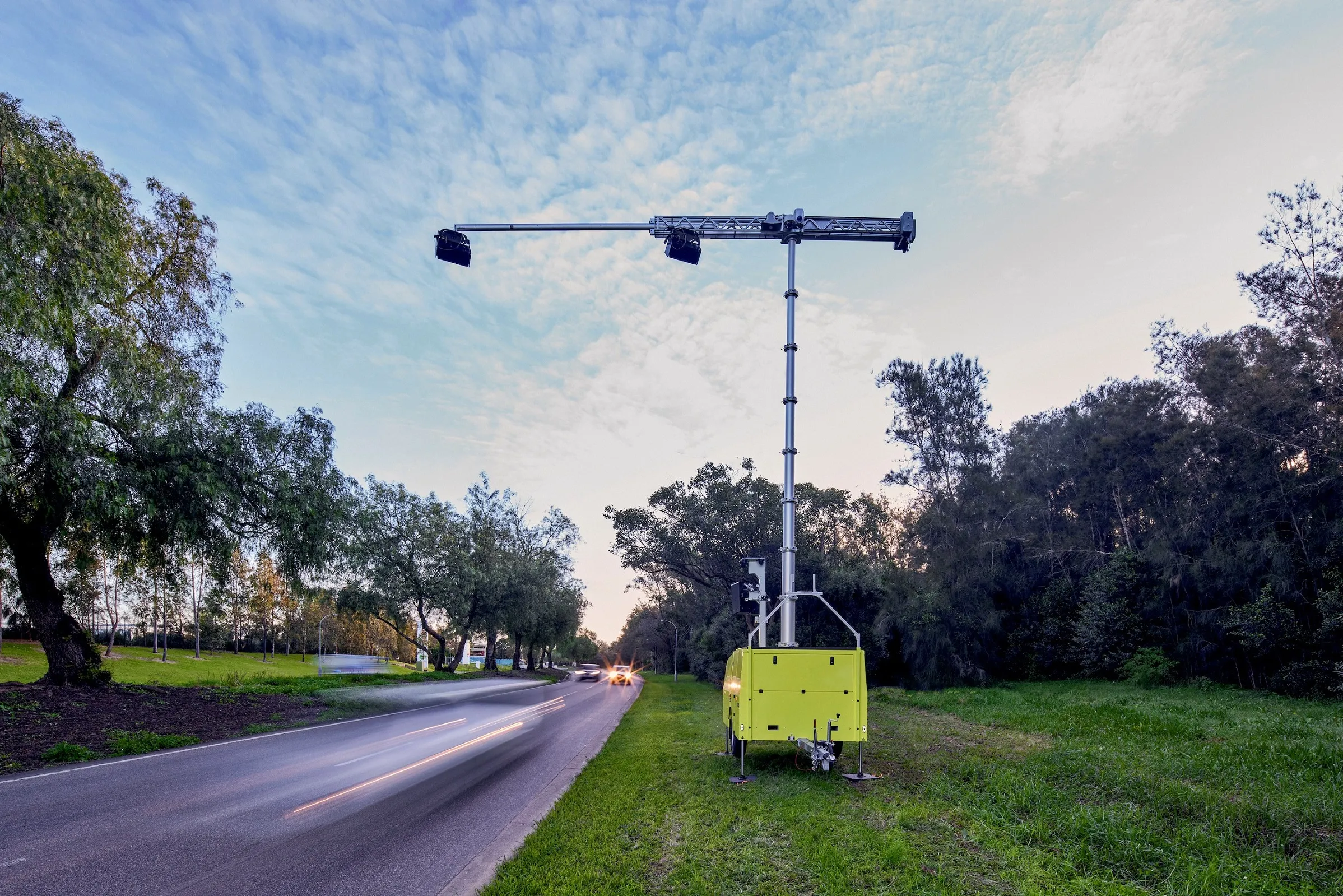
Drivers using mobile phones while at the wheel can have lethal effects.
Authorities in the Australian Capital Territory (ACT) are now moving to stamp out the practice, selecting Acusensus Australia to supply and operate cameras aimed at detecting drivers who are texting or chatting rather than concentrating on the road ahead.
“Research shows that taking your eyes off the road for more than two seconds doubles the risk of a crash, with mobile phones too often being the source of that distraction,” said minister for transport and city services, Chris Steel.
“In the past five financial years, ACT Policing has issued an average of 911 infringements and 260 cautions for using a mobile device when driving. The actual rate of offending is likely to be much higher.”
Acusensus already supplies this equipment to Queensland and New South Wales.
The cameras will be installed next year and will operate day and night, in all weather conditions.
Two fixed cameras will be located on Canberra’s Hindmarsh Drive and Gungahlin Drive, while three mobile cameras will be moved across various sites in the city.
Images detecting a potential offence will be automatically pixelated and cropped to only show a view of the driver. These will be reviewed by an artificial intelligence system, then a human operator before an infringement notice decision is made.
“Mobile phone use is a major source of road casualties,” noted Acusensus’s founder and managing director, Alexander Jannink.
“Our camera enforcement programmes in other states are leading the way in changing driver behaviour and reducing road trauma, and I fully expect to see the same positive outcomes in the ACT.”
Warning notices will initially be issued, with infringement notices starting from October 2023.
The ACT Government will undertake an awareness campaign across TV, digital, radio and out-of-home advertising, to ensure drivers know that holding a phone while driving is now a high-risk activity in more ways than one.









